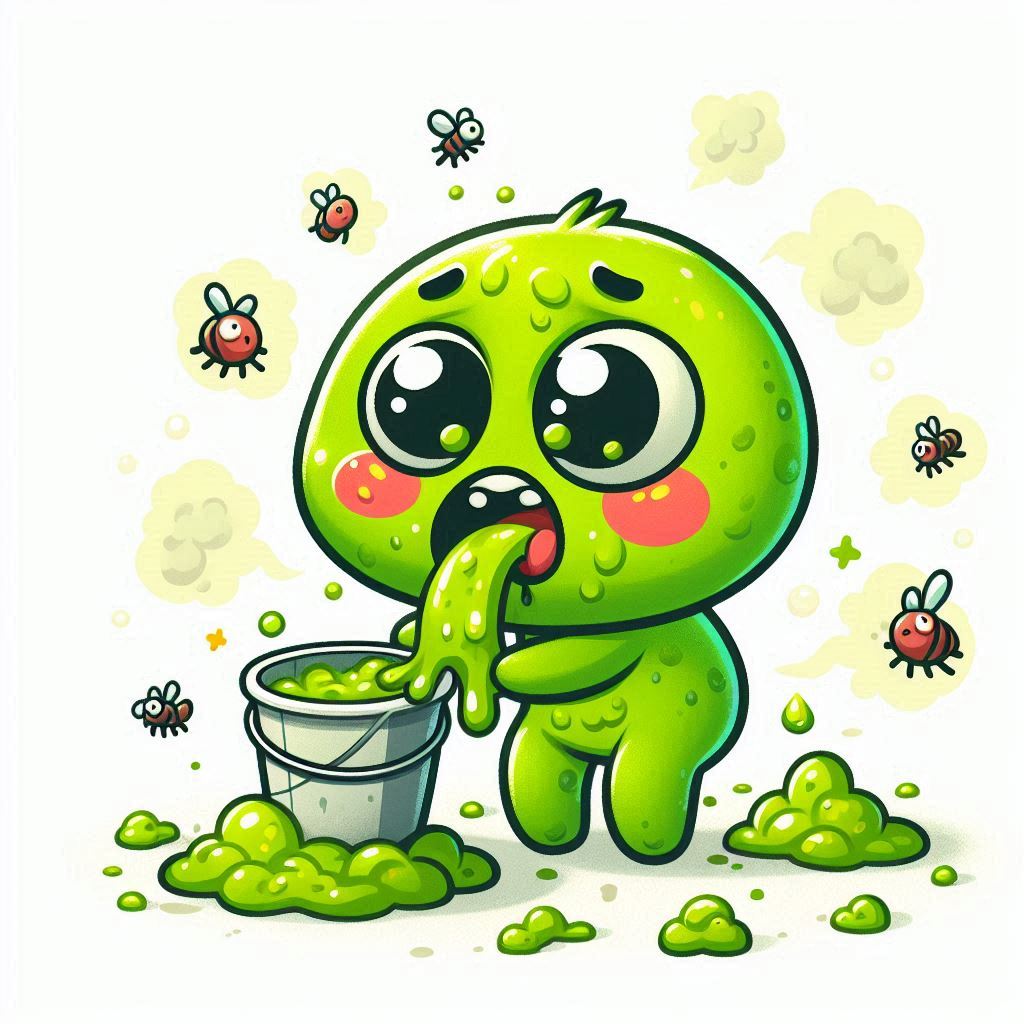How It All Started
Alcohol poisoning is a serious and potentially fatal consequence of consuming large amounts of alcohol in a short period. I learned this firsthand when a night of celebration turned into a harrowing experience that I’ll never forget. In this post, I want to share my story and provide crucial information about the signs of alcohol poisoning, so you can recognize them and act swiftly to help someone in need.
My Night of Celebration

It all started with what was supposed to be a fun evening out with friends. We were celebrating a friend’s birthday, and the drinks were flowing freely. I remember feeling euphoric, the music was loud, and everyone was having a great time. However, as the night progressed, I noticed one of my friends, John, drinking at an alarming rate. We all assumed he was just letting loose, but soon, it became evident that something was very wrong.
The Turning Point
John started to exhibit worrying symptoms. At first, he was just overly energetic and loud, but then he began to slur his speech and stumble. Despite our attempts to slow him down, he continued to drink. It wasn’t long before he became unresponsive. This was our wake-up call, and we had to act fast.
Recognizing the Signs of Alcohol Poisoning
Alcohol poisoning occurs when there is so much alcohol in the bloodstream that areas of the brain controlling basic life-support functions—such as breathing, heart rate, and temperature control—begin to shut down. Here are the critical signs we noticed that night, which everyone should be aware of:

- Confusion: John became severely disoriented and couldn’t understand what was happening around him.
- Vomiting: He started to vomit repeatedly, a common sign as the body tries to rid itself of the toxin.
- Seizures: This was particularly frightening. John had a seizure, indicating severe neurological distress.
- Slow Breathing: His breathing rate slowed dramatically to fewer than eight breaths per minute.
- Irregular Breathing: There were extended pauses between breaths—over 10 seconds.
- Hypothermia: John’s skin became pale, and he felt unusually cold to the touch, a sign of hypothermia.
- Unconsciousness: Most alarmingly, John lost consciousness and could not be roused.
- Memory loss: He could not remember anything that had transpired
What To Do If You Suspect Alcohol Poisoning
If you ever find yourself in a similar situation, it’s crucial to act quickly and decisively. Here’s what we did and what you should do:
- Call for Emergency Help Immediately: Dial emergency services (911 in the U.S.) as soon as you suspect someone has alcohol poisoning. Do not wait for all symptoms to be present.
- Stay with the Person: Never leave them alone. Stay by their side and monitor their breathing.
- Keep Them Awake and Sitting Up: If they are still conscious, try to keep them awake and sitting up to prevent choking on vomit.
- Roll Them on Their Side: If they are unconscious, position them on their side in the recovery position to keep their airway clear and prevent choking.
- Perform CPR if Necessary: If the person stops breathing or shows no signs of life, be prepared to perform CPR until medical professionals arrive.
Preventing Alcohol Poisoning
Preventing alcohol poisoning involves responsible drinking practices and looking out for one another. Here are some tips that can help:
- Know Your Limits: Understand how much alcohol your body can handle and stick to that limit.
- Pace Yourself: Drink slowly and take breaks between drinks.
- Stay Hydrated: Drink water alongside alcoholic beverages to stay hydrated and reduce the effects of alcohol.
- Eat Before and While Drinking: Consuming food helps slow the absorption of alcohol into the bloodstream.
- Look Out for Friends: Keep an eye on your friends and make sure everyone is drinking responsibly.
- Consider examining yourself using our simple quiz Drunk Test tool
Reflecting on the Experience
Thankfully, John survived that night thanks to quick action and the immediate arrival of medical professionals. The experience was a sobering reminder of the dangers of excessive drinking and the importance of recognizing the signs of alcohol poisoning. By sharing my story, I hope to raise awareness and help others avoid the same terrifying situation.
Conclusion
Alcohol poisoning is a life-threatening condition that requires immediate medical attention. Recognizing the signs and knowing how to respond can save a life. Always drink responsibly, be aware of your limits, and look out for your friends. If you suspect someone has alcohol poisoning, don’t hesitate—call for emergency help right away.
Remember, your actions can make the difference between life and death. Stay informed, stay safe, and let’s take care of each other.
For more information on alcohol poisoning and responsible drinking, visit CDC – Alcohol Poisoning and NIAAA – Understanding Alcohol Use Disorder.
